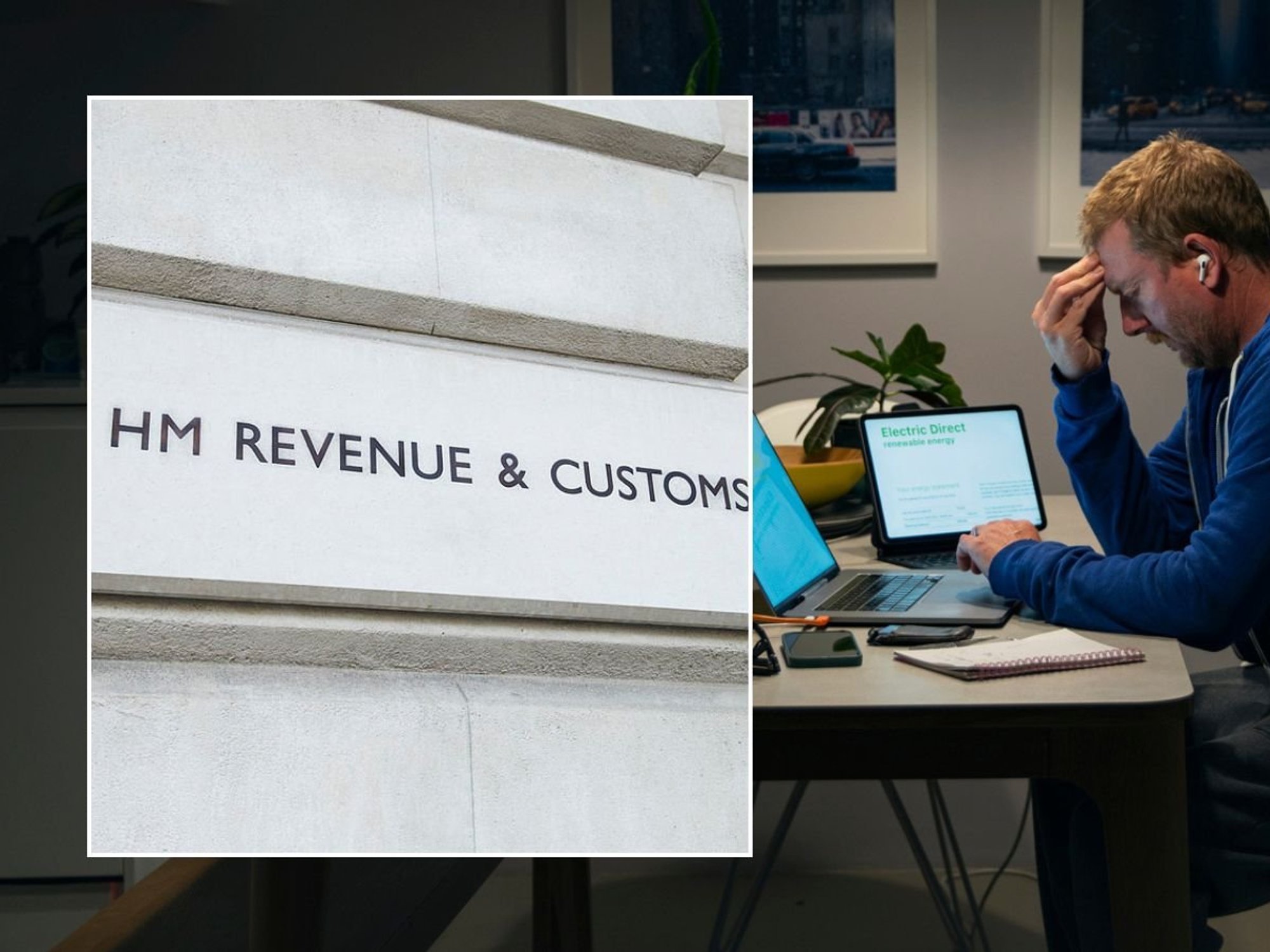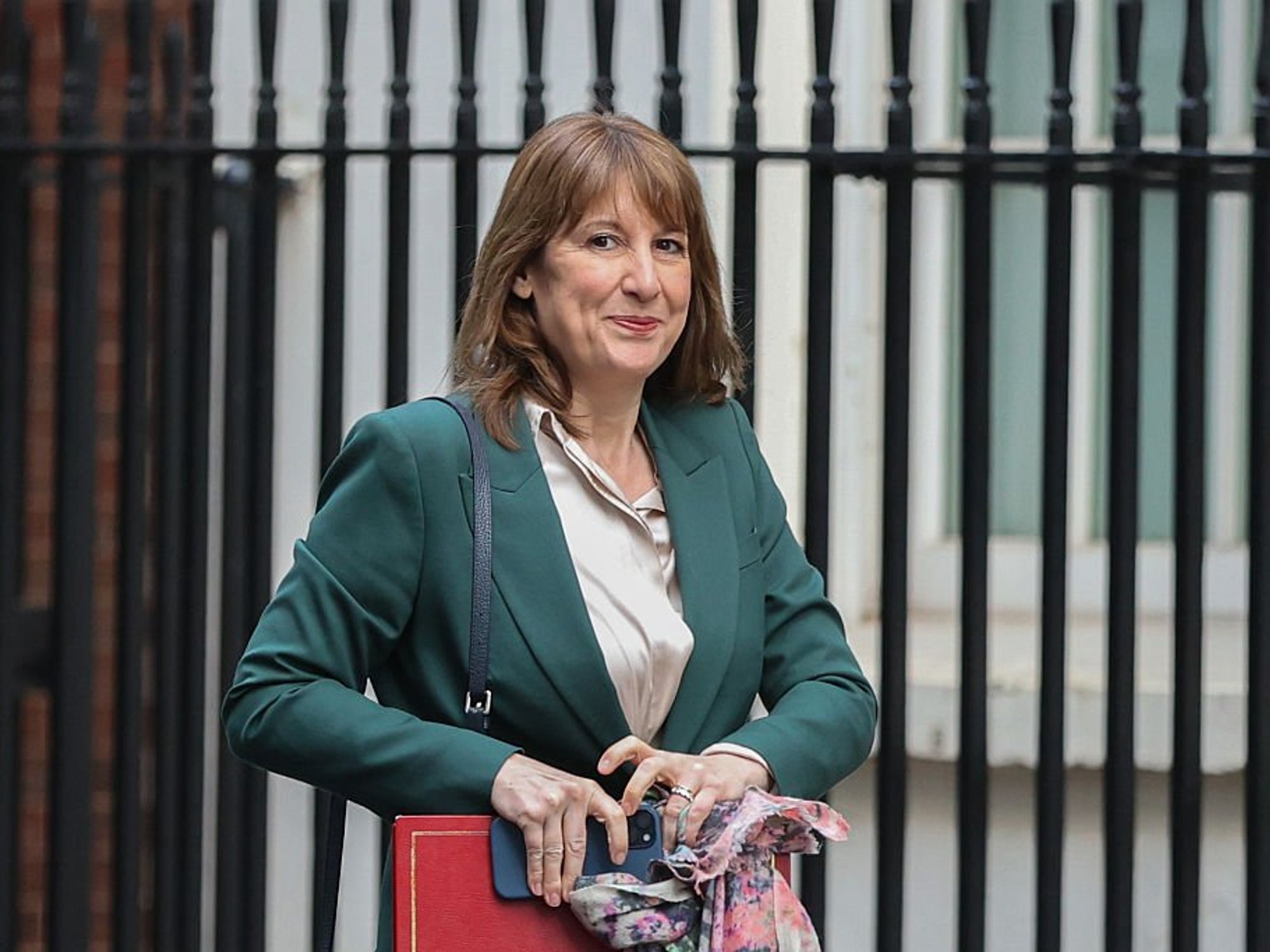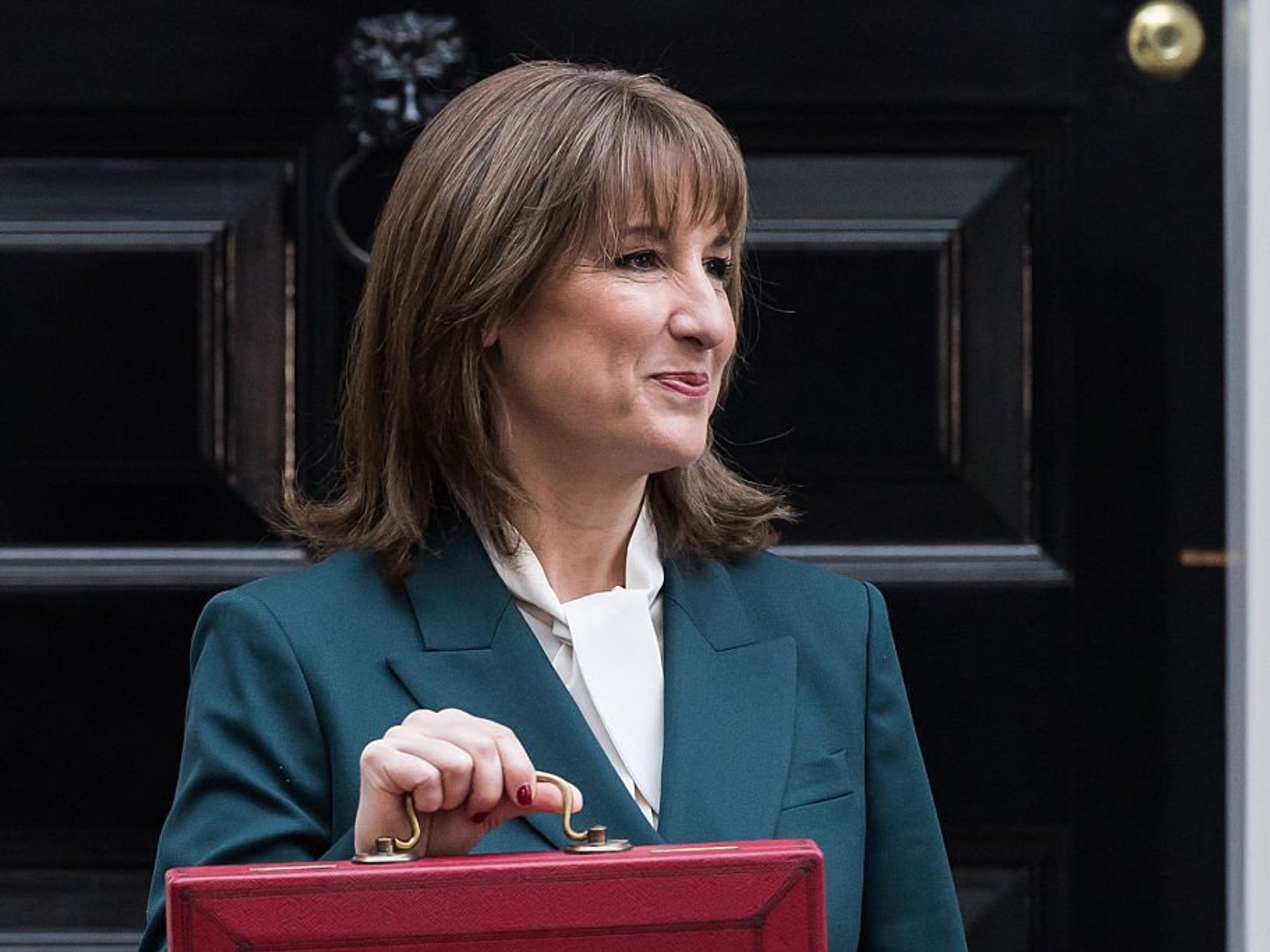DWP could stop Universal Credit and four other benefits for claimants under savings rule - full list here

GB NEWS

Universal Credit payments could be slashed under the DWP's savings rule
Don't Miss
Most Read
Benefit claimants at risk of losing Universal Credit payments and other support if they have too much money in savings, Britons are being warned.
Having more than £16,000 in savings can disqualify individuals from receiving certain means-tested benefits from the Department for Work and Pensions (DWP).
These benefits assess applicants' financial circumstances to determine eligibility, with strict capital limits that affect both payment amounts and qualification.
The DWP examines total financial resources when evaluating claims, including partners' assets in certain cases, though children's savings remain excluded from calculations.
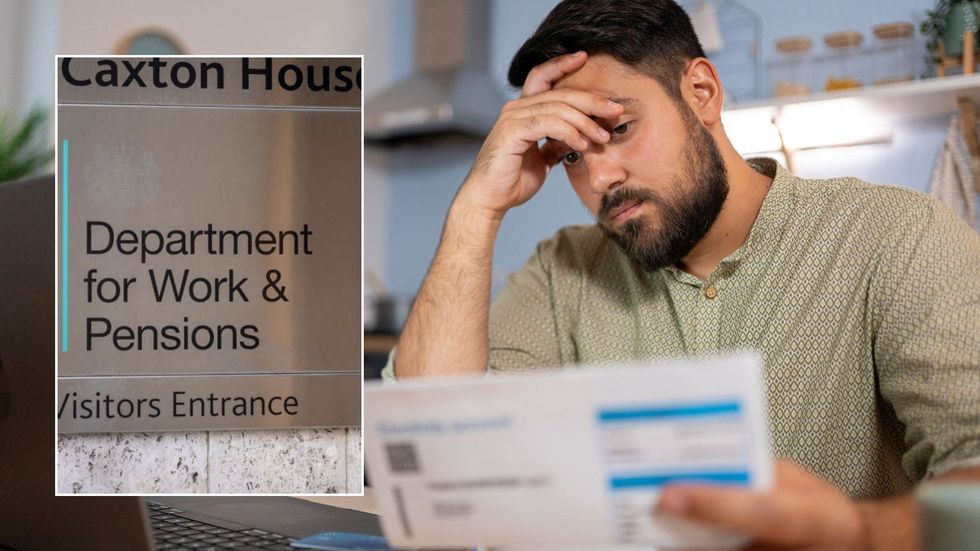
Britons are being reminded they could lose access to benefit support if they have too much money in savings
|GETTY
Here is a full list of the DWP benefit payments that could be cut depending on how much you have in savings:
- Universal Credit
- Pension Credit
- Income-related Employment and Support Allowance
- Housing Benefit
- Council tax support.
Do you have a money story you’d like to share? Get in touch by emailing money@gbnews.uk.
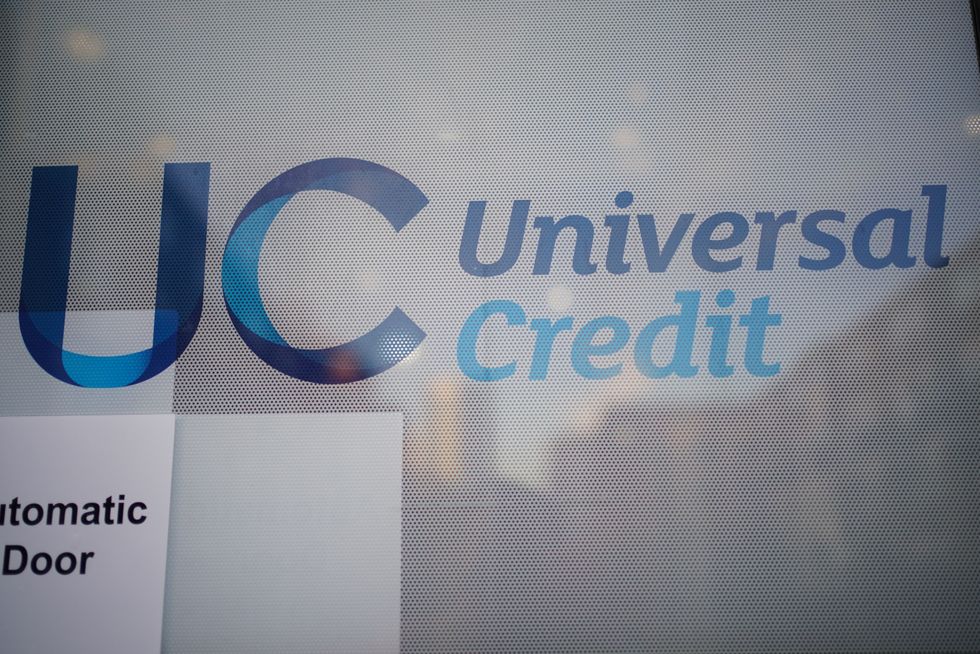 Universal Credit is the primary benefit payment administered by the DWP | PA
Universal Credit is the primary benefit payment administered by the DWP | PAUniversal Credit is not rewarded if someone has £16,000 in savings, Pension Credit has a lower threshold of £10,000.
Income-related Employment and Support Allowance and Housing Benefit both also to be ceased cease at £16,000, with Council Tax Support varying by local authority rules.
The assessment encompasses funds in all bank and building society accounts, whether interest-bearing or not.
National Savings & Investments (NS&I) accounts and Premium Bonds contribute to the total, alongside stocks, shares and inherited wealth.
Property holdings beyond a primary residence affect calculations, as do active pension withdrawals.
Redundancy payments and compensation settlements typically count as capital, though specific schemes like the Infected Blood Compensation Scheme remain exempt from assessment.
LATEST DEVELOPMENTS:
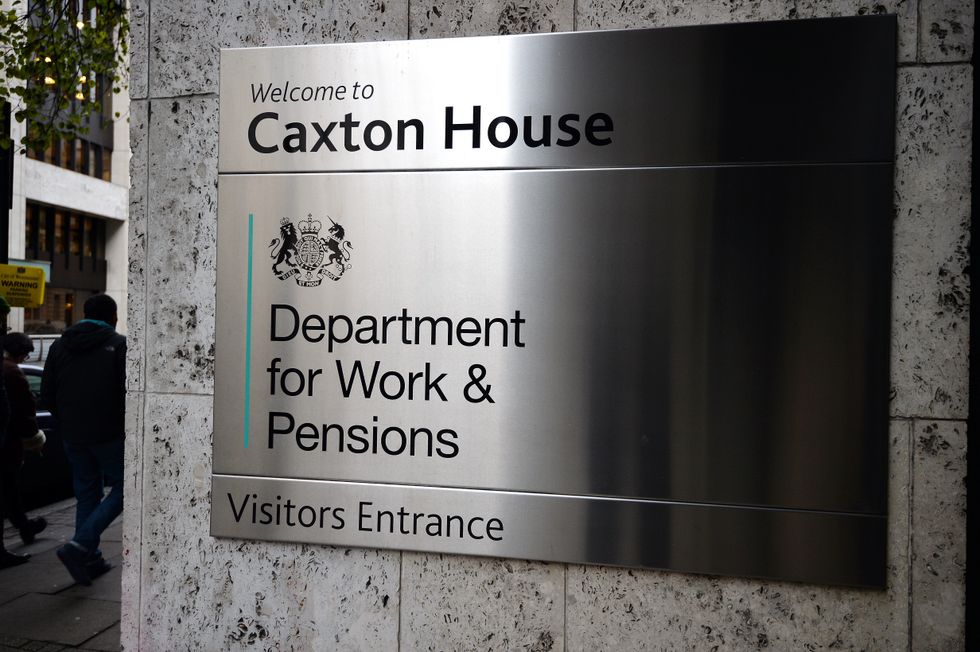
The DWP administers benefit support
| PANot all assets affect benefit calculations, as the DWP excludes various items from capital assessments. Personal belongings including jewellery, furniture and vehicles remain disregarded, allowing claimants to retain these possessions without impacting eligibility.
According to Money Helper, these exemptions recognise essential possessions and future provisions shouldn't prevent access to support.
Further details about disregarded assets appear on the Gov.uk website, providing comprehensive guidance for potential claimants navigating the complex rules surrounding benefit eligibility and capital limits.
Deliberately reducing capital to qualify for benefits constitutes deprivation of assets, a practice the DWP actively monitors and penalises. Transferring property ownership, gifting money or purchasing exempt items specifically to meet eligibility thresholds triggers scrutiny from officials.







